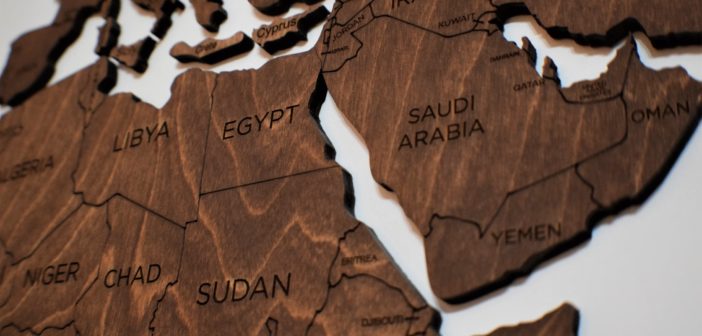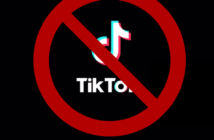By Greg Robinson – Online Editor
Muammar Muhammad Abu Minyar al-Gaddafi, better known as Muammar Gadhafi, the ousted dictator of Libya, was killed in a violent gun battle between the National Transition Council of Libya and supporters of the fallen regime. Gadhafi’s death brought an end to a forty-year reign of oppression and terror, and ushered in unprecedented rejoicing throughout the nation of Libya.
NTC fighters attacked the town of Sirte on Oct. 20, 2011, and captured the deposed dictator alive after he was found hiding in a sewage pipe. However, Gadhafi was mortally wounded in the fierce gun battle that followed and pronounced dead soon after. Graphic video footage quickly surfaced showing Gadhafi’s last moments and, following his death, the desecration of his corpse at the hands of his captors.
The Libyan capital of Tripoli erupted in celebration at the news of his death, with many celebrating in the streets. Gadhafi had been ousted from power in late August after a months-long struggle between NTC rebels and Gadhafi loyalists. He had been on the run and in hiding for over two months before the NTC closed in on his location.
News of Gadhafi’s death was greeted with joy by many in the nation who have suffered under his decades-long rule, characterized by egregious human rights violations, economic uncertainty, and highly eccentric behavior. However, as the nation recovers from the violent civil war, many questions remain about how democracy will be established in the war-torn nation that sits on the largest oil reserves in Africa.
Leaders of free nations around the world soon weighed in with their opinions on the deposed dictator. President of the United States Barack Obama made a statement in the Rose Garden of the White House on the day that Gadhafi was pronounced dead:
“This is momentous day in the history of Libya. The dark shadow of tyranny has been lifted, and with this enormous promise, the Libyan people now have a great responsibility: to build an inclusive and tolerant and democratic Libya that stands as the ultimate rebuke to Gadhafi’s dictatorship. We look forward to the announcement of the country’s liberation, the quick formation of an interim government, and a stable transition to Libya’s first free and fair elections.”
The NTC was supported by NATO airstrikes throughout their revolution. The revolution started in February 2011 with demonstrations in the streets, which was soon followed up by an organized rebellion. The NTC seemed on the brink of defeat several times, but persevered to take the capital of Tripoli in late August and force Gadhafi and his supporters into hiding.
The United States, the United Kingdom, France, and NATO faced enormous criticism from the international community for their military involvement in the revolution. Obama countered this by stating that the nation never put “a single U.S. service member on the ground.”
The United Nations human rights office, along with members of Gadhafi’s family, have called for an investigation into Gadhafi’s death. The investigation is seeking to determine if his death was from accidental crossfire, or if opposition fighters executed him.
Gadhafi’s death was a breath of fresh air for oppressed protesters in other Arab nations, most notably Yemen and Syria. Members of the Syrian opposition warned their dictator that a similar fate awaited him if he continued his violent crackdown on protests.
The Libyan revolution is just one event among several that is being heralded as the “Arab Spring.” After the relatively peaceful uprising in Egypt, Hosni Mubarak stepped down and handed off power to to his vice-president and then to a military junta. Despite the transition of power, Egypt has had a difficult time organizing a democratic government.
The transitional Libyan government officially declared Libya’s liberation on Saturday, Oct. 22. Chairman of the NTC Mahmoud Jabril said that elections would be forthcoming in the next few months. The first election to be held will be for a national congress that will draft a constitution. Following the formation of a legislative body and constitution, elections will be held to establish a president, as well as other parliamentary positions.





